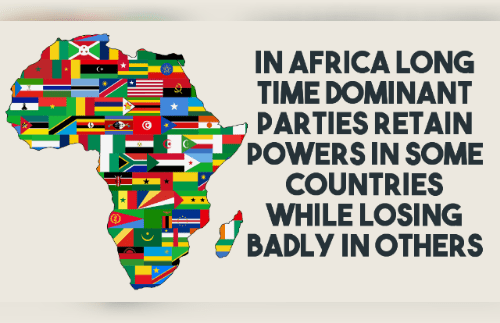Hunger in El Salvador, Guatemala, Honduras and Nicaragua has increased almost fourfold over the past two years – from 2.2 million people in 2018 to close to 8 million people in 2021 – a result of the economic crisis caused by COVID-19 and years of extreme climate events.
Of this figure, 1.7 million people are in the ‘Emergency’ category of food insecurity and require urgent food assistance.
Marlene and her husband lost their jobs during the pandemic and were forced to find work day to day while supplementing their diet by foraging for wild plants and roots. In November, when the hurricanes passed through, they lost their part time jobs as well. As a last resort they decided to join the migrant caravans but were blocked in Guatemala and forced to turn back. Now they make a living selling scrap metal and plastic bottles – They make US$0.08 for every two pounds of scrap metal.
With homes and farms destroyed, food stocks running low and job opportunities shrinking, nearly 15 percent of people surveyed by WFP in January 2021 said that they were making concrete plans to migrate. In a 2018 post-drought assessment only eight percent of respondents indicated they were planning to migrate.
The record 2020 Atlantic hurricane season dealt a severe blow to millions who were previously relatively untouched by hunger, among them people dependent on the service economy, tourism and informal jobs. Hurricanes Eta and Iota that struck Central America in November 2020 upended the lives of 6.8 million people who lost their homes and livelihoods.
Marlene and her children collect “Yerba Mora” or Black Nightshade, which is not usually eaten but it is edible and used as a supplement to their diet in times of scarcity.
The hurricanes destroyed over 200,000 hectares of staple food and cash crops in the four countries and more than 10,000 hectares of coffee farmland in Honduras and Nicaragua. The hurricanes struck as these communities were already dealing with job losses and a shrinking economy, a fallout of COVID-19.
WFP surveys estimate that food security in Central America nosedived as a result of COVID-19. The number of households that did not have enough to eat during COVID-19 nearly doubled in Guatemala compared to pre-pandemic numbers. In Honduras, it increased by more than 50 percent. An overwhelming majority of households in Honduras, Guatemala and El Salvador reported income losses or unemployment during the pandemic.
Communities in Central America have borne the brunt of a climate emergency, where consecutive years of drought and erratic weather have disrupted food production – especially staples like maize and beans, which depend heavily on regular rainfall.
WFP calls on the international community to support its efforts in Central America to provide urgent humanitarian assistance and to invest in long-term development projects and national social protection programmes that help vulnerable communities withstand recurrent weather extremes and economic shocks.
–WFP
Escaping from Scam Center on Cambodia’s Bokor Mountain
UN Security Council Meets to Discuss Children and Armed Conflict
10 Shocking Revelations from Bangladesh Commission’s Report About Ex-PM Hasina-Linked Forced Disappearances
Migration Dynamics Shifting Due to New US Administration New Regional Laws
UN Security Council Meets to Discuss the Maintenance of International Peace and Security and Artificial Intelligence
Winter Brings New Challenges for Residents living in Ukraine’s Donetsk Region
Permanent Representative of Israel Briefs Press at UN Headquarters
Hospitals Overwhelmed in Vanuatu as Death and Damage Toll Mounts from Quake
Subscribe Our You Tube Channel
Fighting Fake News
Fighting Lies


















